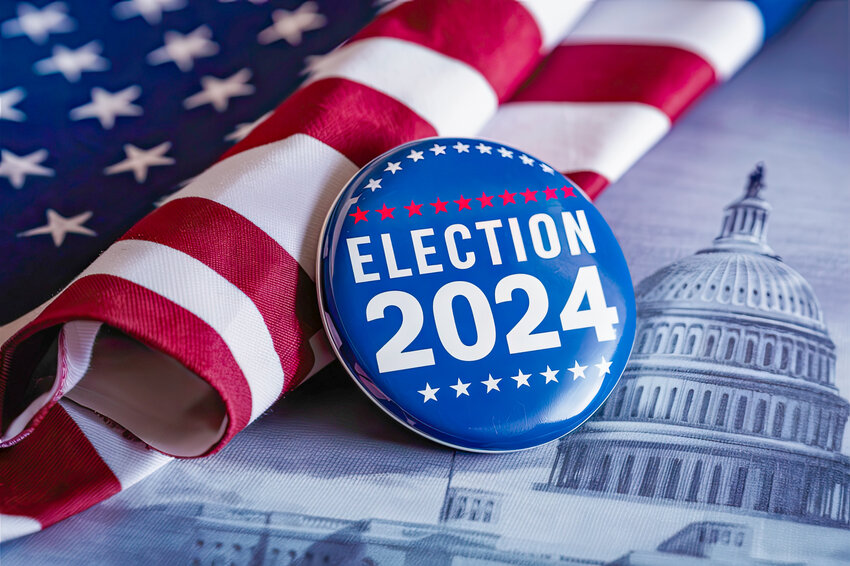US Elections and their worldwide impact
Investment Update - News Flash
American Elections – What Consequences?
First victorious in the political debate against a clearly weakened Joe Biden, Donald Trump narrowly escapes an assassination attempt shortly thereafter. It’s fair to say that the odds of the Republican candidate returning to the White House four years after his first term have significantly increased. So much so that, to this day, bookmakers are betting on his next inauguration at almost 2 out of 3 chances. If Donald Trump were to return to the White House, what could be the consequences of his election in terms of investment? It must be noted that the markets have already begun to factor in this possibility the day after the assassination attempt.
Of course, during his first term in 2016, Trump conveyed his economic philosophy.
Already known to the public, it consists of several points: an expansionary fiscal policy (notably through tax cuts) with little concern for the public deficit, commercial protectionism, a restrictive immigration policy, and a generally “pro-business” attitude of deregulation.
In the current pre-election context, two key measures are often in the headlines: cutting taxes and taxing imports at 10%.
This second measure of import taxation should logically harm the fight against inflation. However, the inflationary effect should be short-lived since it is a one-time event, with no new tax introduced every year. Thus, American inflation could accelerate in the short term, making it more difficult for the Federal Reserve to fight inflation.
Furthermore, lower immigration is likely to increase tensions in the labor market and wages, creating another inflationary effect.
At the same time, if the Fed cannot lower rates due to inflationary measures, the tax cut could provide households with more purchasing power (which can also be inflationary).
Consequently, this policy aimed at stimulating growth could indeed have a positive impact, but it would also be inflationary. At first glance, stocks could benefit, while bonds could suffer.
In 2016, after Donald Trump's first election, the sectors that had done rather well were those that were best placed to benefit from deregulation and the lower taxes. These included Energy, given its attachment to fossil fuels, Finance, Healthcare and Technology.
It appears clear that these sectors will not only be impacted by Trump's policies, but also by results, profitability, and the economic situation, which can radically change investors' perceptions.
Finally, a word on the dollar. If Donald Trump's economic policies stimulate domestic growth and inflation at the expense of growth in the United States' economic partners, this should instead lead to a widening interest rate differential between the US and the rest of the world. This would strengthen the dollar.



